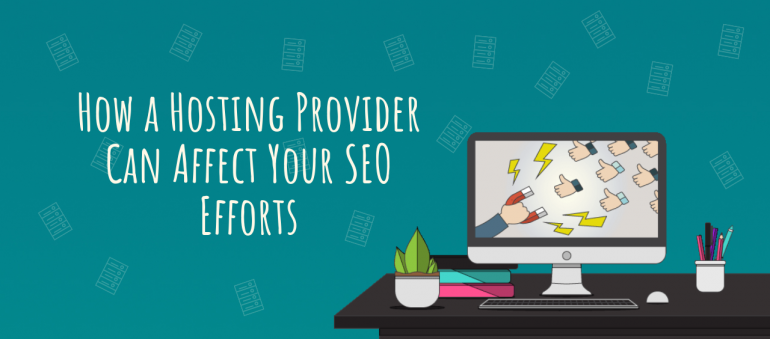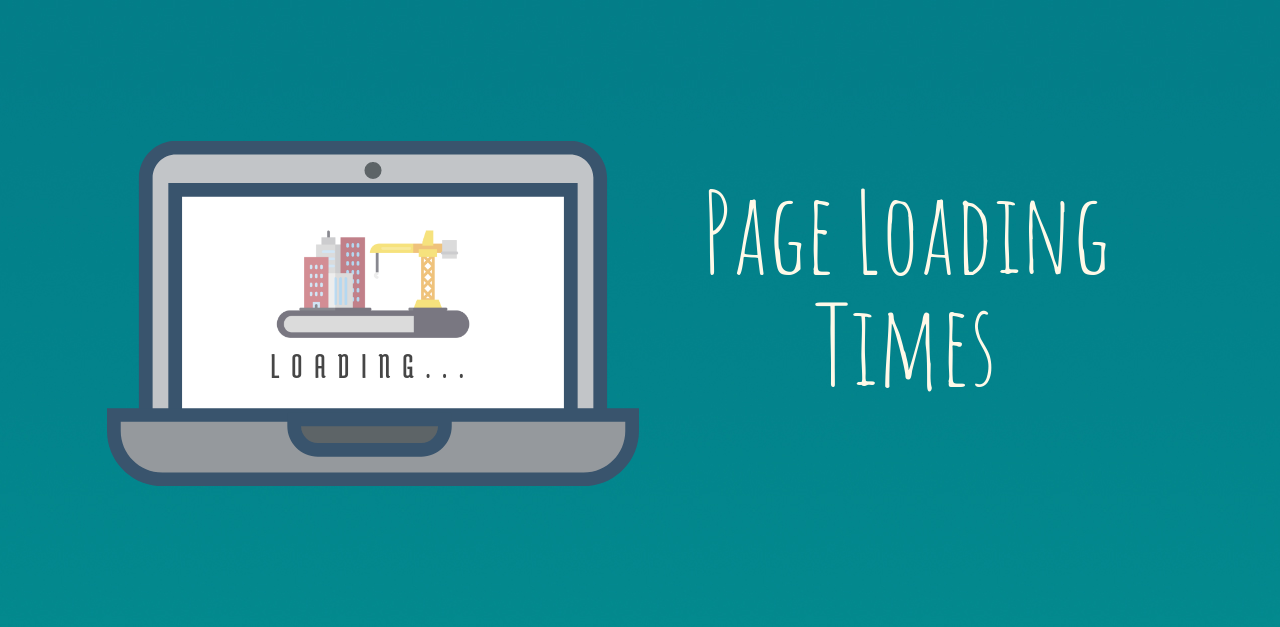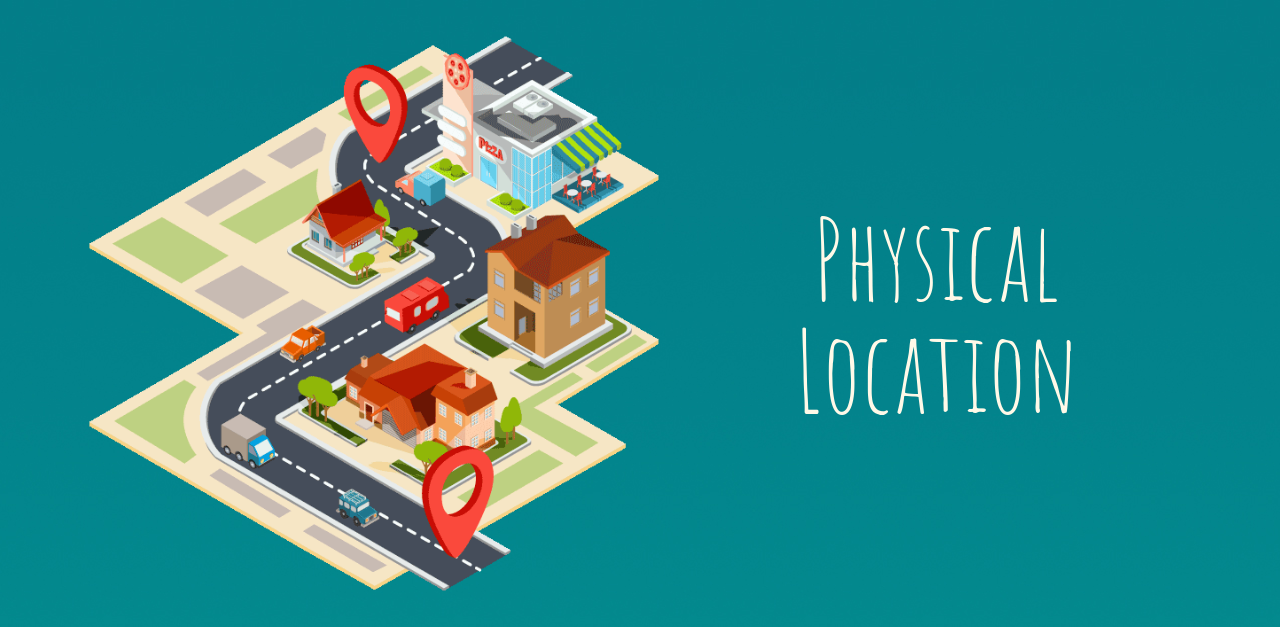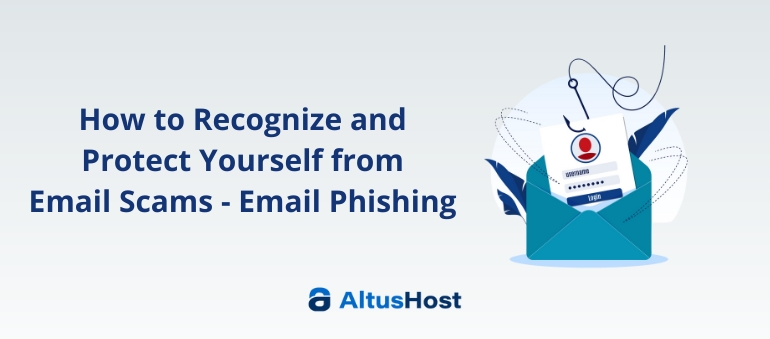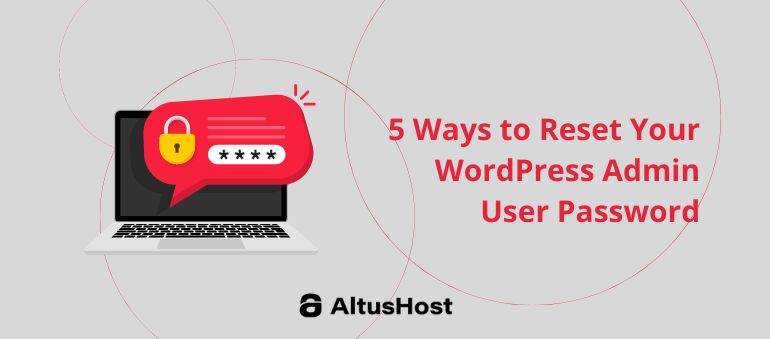By now, anyone with a living and breathing website should be familiar with search engine optimization (SEO) techniques. Things like keyword research, link building, and site structure optimization are all basic tools in every webmaster’s toolbox. What’s less well-known, however, is that the choice of a web host can play a major role in search engine ranking as well.
The specifics of the algorithms that search engines use to determine page ranking are always kept close to the vest. They’re also constantly being adjusted in an attempt to provide users with the most relevant search results. There are some factors that are public knowledge, though, and that’s where a website’s host can play a pretty outsized role. When choosing a host, here are the things to consider to make sure that they won’t harm your SEO efforts.
Uptime Vs. Downtime
If a web host has poor reliability, it will harm the productivity of the website. Every moment that a potential customer can’t reach a site is a moment they’re using to find the competition. This direct effect should be extremely obvious. What you may not realize, however, is that search engines are also trying to reach websites at all hours of the day and night.
The spiders that are used to crawl your site are keeping track of when they were unable to reach it. If your website appears offline too often, it will be tagged as unreliable by the search algorithm. After all, there’s no point in providing users with a link to a site that’s not likely to be reachable. It’s for this reason that choosing a host that has an excellent track record of reliability and uptime.
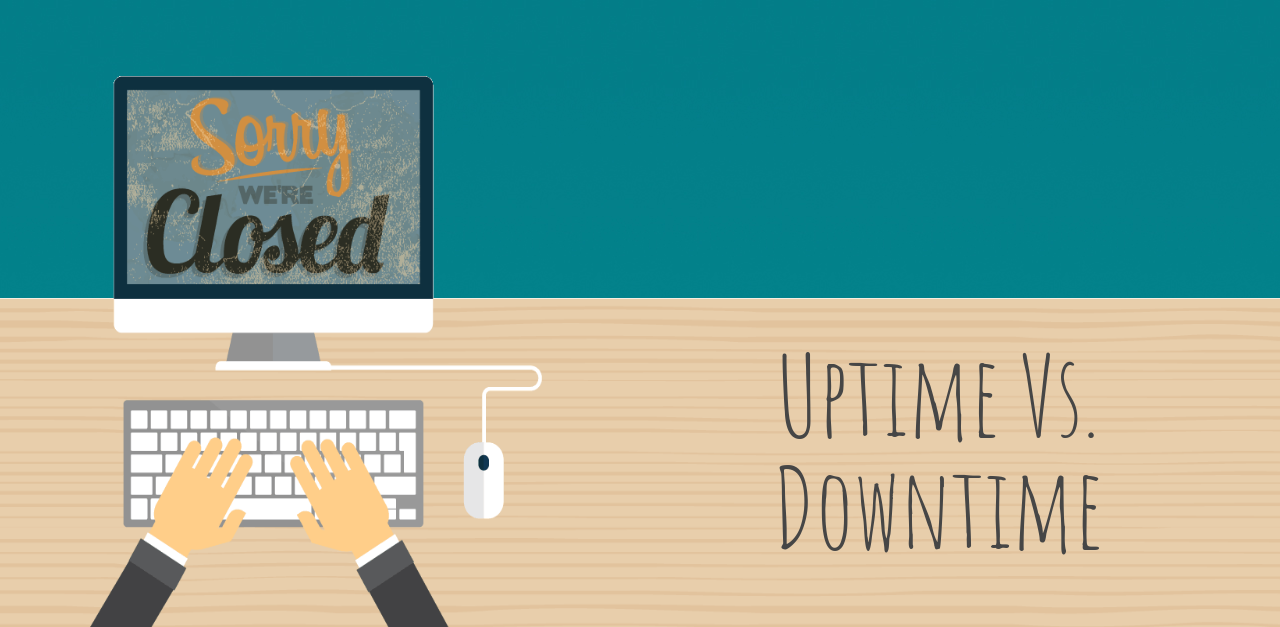
Website Security
Just like hosts that aren’t reliable, hosts with ineffective security can affect your SEO efforts as well. Search engines don’t want to route their users to websites that are infected with malware or are associated with spam. Properly designing your website can help to prevent it from being victimized, but that’s only half of this constant battle.
Your web host should be providing the right infrastructure to guarantee the security and usability of your site. It’s also a good idea to avoid shared hosting if you own a high risk and valuable business so you’re not in mercy of another customer’s flawed code. A decent web host should also be providing you tools and ongoing guidance to help you defend your website against emerging threats.
Page Loading Times
There are several ways to optimize web content for speedy delivery into a browser. Image compression, code minification, and finely tuned caching can do wonders for delivering complex pages at reasonable speeds. No amount of optimization can make up for bottlenecks stemming from a web host’s hardware, though. If search engines see that it’s time-consuming to load a site, the pagerank will suffer. Google, for one, has been using this as a ranking factor since 2010. It’s because they consider slow sites to be too inconvenient to present to their users.
After you’ve performed the basic page optimizations that are under your control, it’s important to keep testing load times on a regular basis. By building up data points over time, you’ll be able to determine if your site is facing performance issues due to your host. To check page speed, you can use:
 Physical Location
Physical Location
The internet is everywhere. It seems counterintuitive to think that the physical location of your web host could impact your search ranking, but it will. In a way. When it comes to SEO, it’s recommendable that you keep your servers close. Search engines like to prioritize sites based upon region in order to localize results. In other words, the closer to your physical business your host is, the higher you’ll appear when people in your area try to find you.
Geographical location of your server matters only in a straightforward sense. It has effect only on the number of hoops that it takes for some piece of data to move around. The fewer hoops it uses, the faster your information will move around.
While it’s impossible to find a host right nearby for most website owners, it’s probably important to get as close as possible. Many hosts offer several data center locations you can choose from, and you’ll need to pick the closest one available. This choice will also play a role in the responsiveness of your website to potential customers, which we’ve already discussed above.
Choose Wisely and Benefit
Now that you know the factors involved in choosing an SEO-friendly web host, it’s time to get out there and do some research. Talk to other webmasters to find out how their experiences have been. Make use of analytical data to make sure you’re getting what you’ve paid for. Most of all, talk to any potential web host to see how they’ve addressed SEO concerns. If they’re worth using, they’ll already know what you’re talking about and have answers at the ready.
Paul Swanson an experienced web designer with a passion for UX/UI and an editor at Versuswebhosting. He chooses very carefully when it comes to recommending a hosting service or using one for his own sites. Paul prefers web companies that provide reliable and safe web hosting services, without pointless features and eye-catching options.

